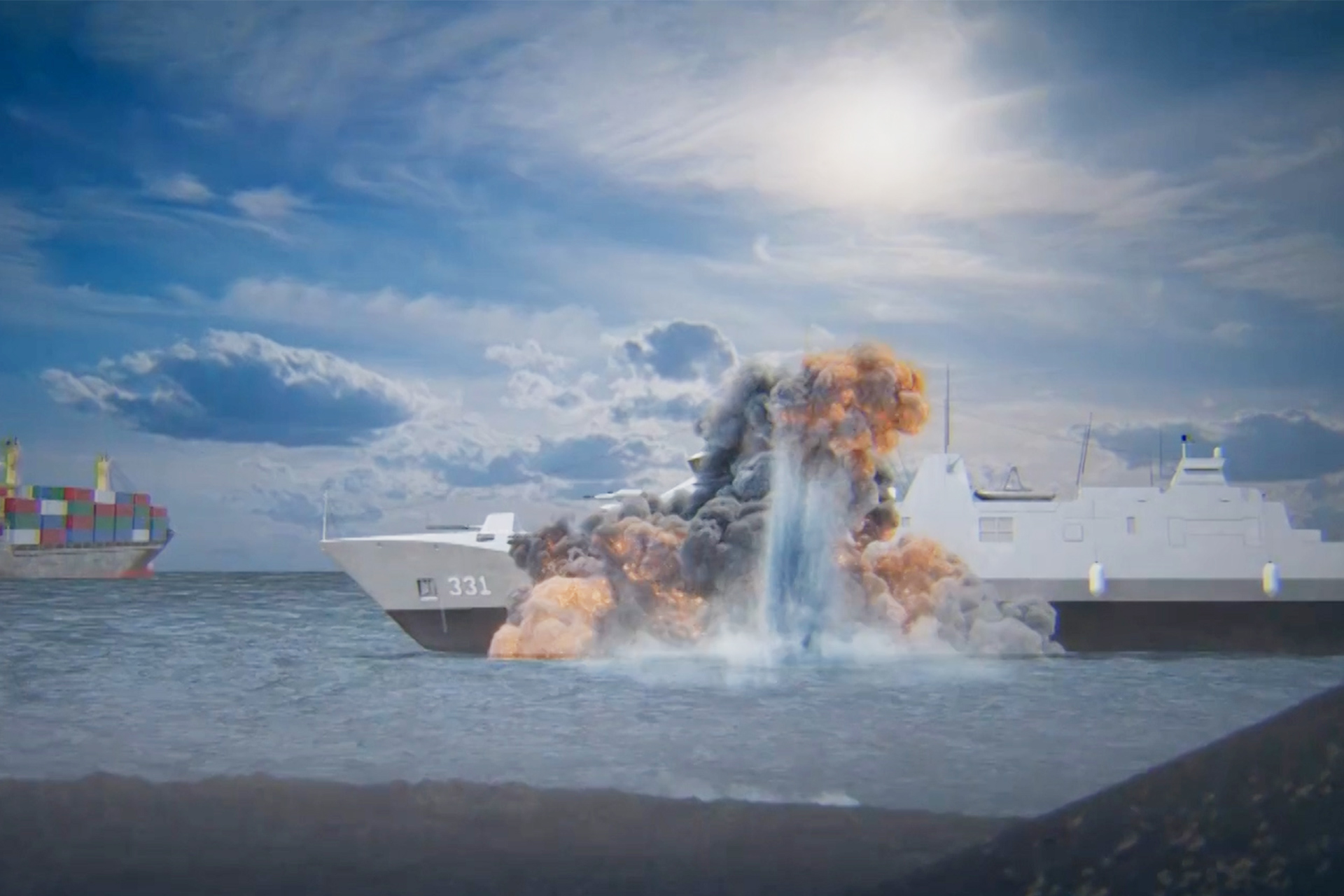The Houthis announce the targeting of the ship Rubymar in the Gulf of Aden (Al Jazeera)
“A cargo ship is at risk of sinking in the Gulf of Aden after it was struck by the Yemen-based Houthis, the most significant strike since the Iran-backed group began launching attacks last fall in a vital shipping lane to disrupt global trade.”
This is how the American Wall Street Journal began its report in which it said that these increasingly bold attacks come despite weeks of American air strikes, and also highlighted the challenges facing deterring the group, which seeks to transform itself from a marginal player among the forces allied with Iran into one of the The most dangerous armed groups in the Middle East.
The report stated that the ongoing Houthi strikes raise new questions for the administration of US President Joe Biden regarding how to stop the attacks and prevent the ongoing war in the Gaza Strip from fueling a more destabilizing regional conflict.
He pointed out that the US-led response received another blow last Sunday when a Houthi attack paralyzed the movement of the British cargo tanker "Rubimar" in the Red Sea, forcing the crew to abandon the ship amid fears that it might sink, according to British digital solutions company Vanguard Tech. Elie Shafik, head of maritime intelligence at Vanguard Tech, said it seemed unlikely the ship would be recovered.
Known Houthi attacks
Yesterday, Tuesday, the Houthis claimed responsibility for another series of attacks, including drone attacks on American warships in the Gulf of Aden and the Arabian Sea, and the firing of naval missiles at what they said was an Israeli ship, as well as at targets in southern Israel. The military spokesman for the Houthis, Yahya Saree, said that the operations came in response to "the Israeli aggression and siege on the Palestinians, and in response to the American-British aggression against our country."
The Wall Street Journal report said that the Houthi attacks led to a freeze in global shipping, with ongoing economic shock waves spreading around the world. The volume of traffic from North American and European ships crossing the Red Sea decreased by 67% in the week ending February 17 compared to October, according to Windward. Some insurance companies, such as the Norwegian Assurance Frangen Skald, have completely stopped covering all trips close to Yemeni waters.
The report added that while attacks on US forces in Jordan, Syria and Iraq have declined in recent days, Houthi attacks continue unabated. An American official said that the Houthis deliberately targeted American warships - last Sunday - using anti-ship ballistic missiles for the first time.
Ending the war in Gaza
In response, Ali Fayez, director of the Iran Project at the International Crisis Group Research Center in Washington, said that the Houthis are unlikely to follow any directives from Tehran to limit their attacks.
Fayez and Kevin Donegan, a retired vice admiral who commanded US Navy forces in the Middle East as Commander of the Fifth Fleet from 2015 to 2017, added that the most effective way to reduce the Houthi threat is to end or stop the war in Gaza in some way. And in the meantime don't let them blow up the global supply chain.
For her part, Nadwa Al-Dosari, a fellow at the Middle East Institute who specializes in Yemen affairs, said that the expanded US military campaign will also be ineffective. She added, "Air strikes will not neutralize the Houthis' capabilities and prove their story that they are at war with America and Israel true."
Al-Dosari encouraged the United States to intensify its direct military support to the Yemeni government, which has been struggling to defeat the Houthis over the course of nearly a decade of civil war. "If we don't deal with the Houthi problem today, it will be a bigger problem to solve in the future," she said.
Source: Wall Street Journal

